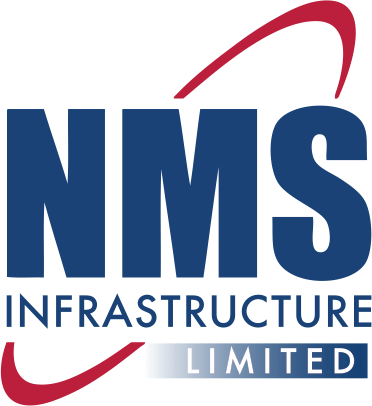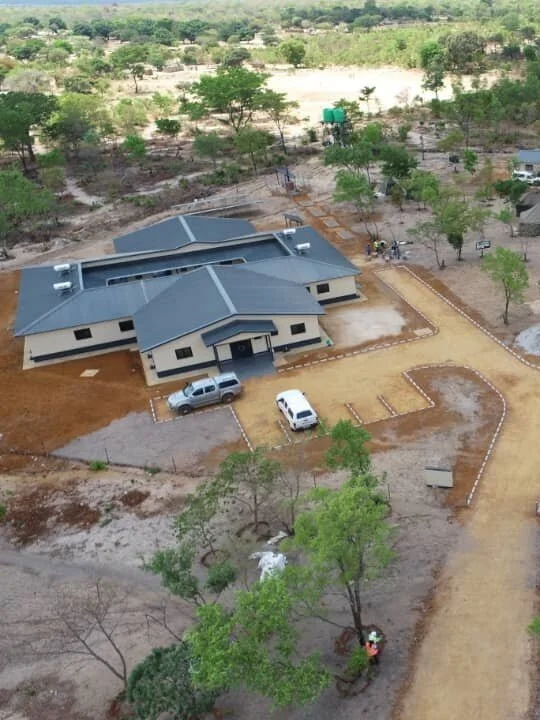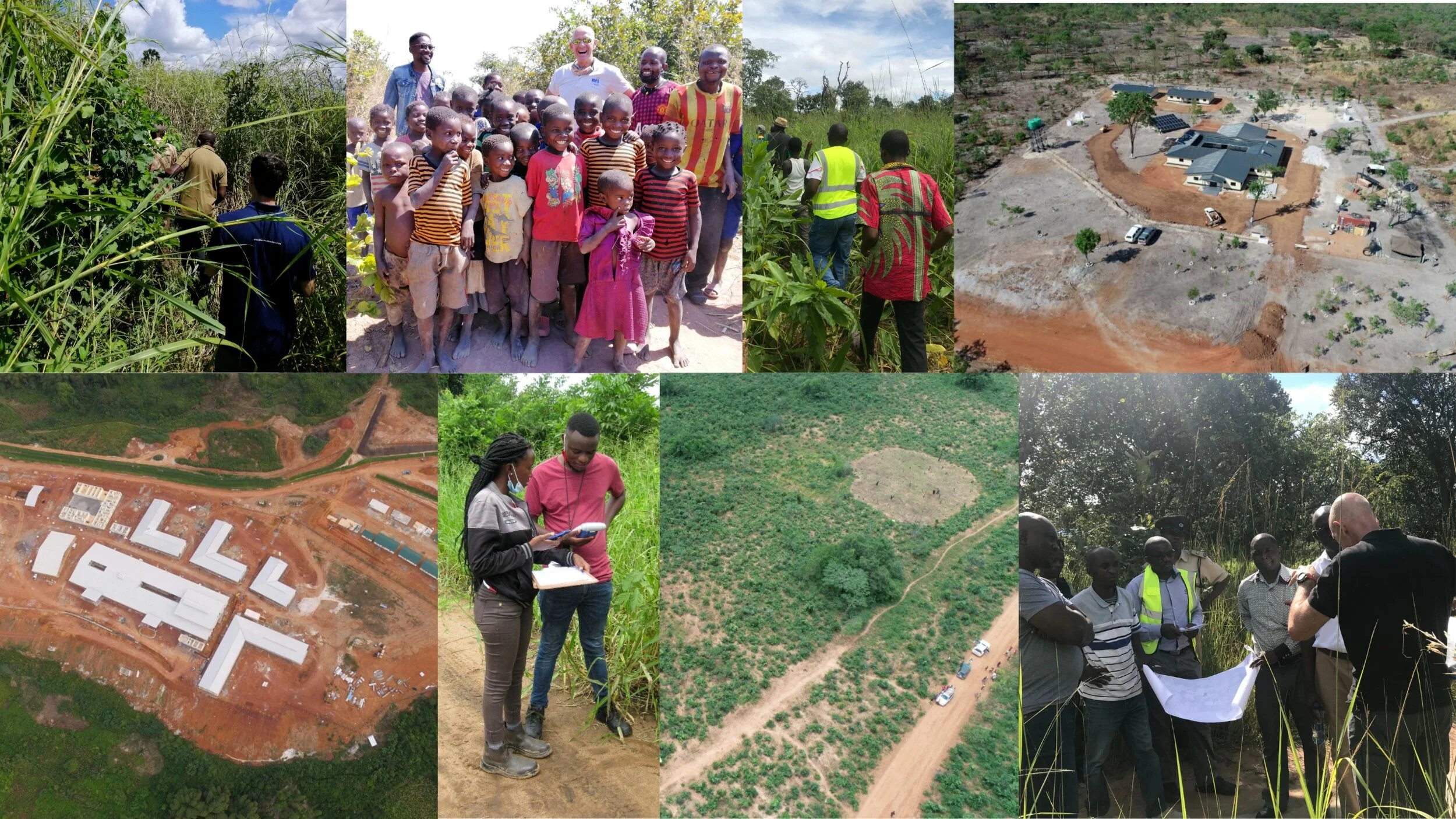Overview
Amid increasing multinational commitment to tackling global environmental problems and a burgeoning awareness of the environmental and social effects of human activity, NMSI is determined to be an industry leader in environmental management.
NMSI employs its own in-house environmental and social management team, with chartered environmental status and strong experience of liaison between funding institutions and regulatory bodies. The team prioritises long-term project sustainability and works to international compliance standards, guided by International Finance Corporation (IFC) Performance Standards, and the Equator Principles, to which 92 of the largest funding sources are signatories. The NMSI Environmental Management Team also works closely with local regulatory bodies to ensure context-appropriate environmental and social management in order to attain the highest standards possible.
NMSI is committed to supporting the national development of the countries in which it operates. NMSI will always try to work towards a positive sustainable development outcome, aiming to leave a legacy that all stakeholders and partners will be proud of. As such, the environmental team:
- Works with local specialists and stakeholders
- Employs and builds upon the expertise of local environmental staff
- Ensures insofar as possible, a local supply chain to minimise our carbon footprint
Each facility designed and built by NMSI boasts a low energy footprint, with steps being taken to reduce the environmental impact of all buildings, drawing upon a framework outlined by the World Health Organisation. We are committed to designing and working towards resource efficient and Zero Carbon buildings in line with the International Finance Corporation EDGE standard for green buildings in emerging markets.
All of our work is guided by the principles of the United Nations 2030 Agenda for Sustainable Development at the core of which are the 17 Sustainable Development Goals (SDG’s). The SDG’s recognise that tackling poverty and improving access to healthcare must go hand-in-hand with economic growth, dealing with climate change and working to preserve our precious environment.
Team
Dr. Gordon Mudge
Head of Environmental Compliance
Gordon Mudge is an environmental specialist, boasting over 30 years of experience in the global environmental industry. Gordon holds a PhD in Environment and Development from the London School of Economics and is a Fellow of the Chartered Institute of Water and Environmental Management; the highest grade of membership that is awarded to highly respected professionals with demonstratable professional excellence and achievement in the sustainable management of the environment.
Gordon has worked on a plethora of projects to international standards, including work in Equatorial Guinea, Ghana, Guinea, Kenya, Tanzania, Uganda, Zambia and Zimbabwe. These include IFC Performance Standards, World Bank Environmental and Social Framework, the Equator Principles and OECD Common Approaches. Gordon has also completed complex EIA projects to national standards in the UK and many other parts of the world.
George Grillo
Environmental Manager
George Grillo joined NMSI in 2015 and is responsible for environmental management and pre-construction activities across the group’s portfolio of projects. Educated at Durham and Cambridge Universities, with a Masters degree in International Development, George is a Chartered Member of the Institute of Environmental Management & Assessment (IEMA). He is comfortable synthesising quantitative and qualitative data to drive project efficiency and innovative sustainability outcomes at project and organisational level.
George has co-ordinated and delivered fully compliant environmental & social due diligence reports on NMSI infrastructure projects worth over $700 million. In his project management role, George has overseen multidisciplinary teams of in-house expertise and specialist subcontractors to deliver pre-construction surveying on over 100 project sites across western and southern Africa.
Case Study - Zambia
Direct lending to the Government of Zambia, provided by UK Export Finance, enabled NMSI to design, construct and equip 115 Mini Hospitals and five new 80-bed District Hospitals on behalf of the Zambian Ministry of Health. The Project sought to address key targets of Sustainable Development aiming to help reduce maternal and neo-natal mortality and to increase access to health services to the Zambian people.
A master Environmental & Social Project Brief and a Construction Environmental & Social Management Plan (CESMP) were prepared for all 115 Mini Hospitals, supplemented by site-specific reports for individual sites. Environmental and Social Impact Assessments (ESIAs) were prepared for each of the District Hospitals as well as a CESMP and an Operational Environmental and Social Management Plan, all compliant with local and IFC Performance Standards.
NMSI has strengthened its in-house capacity to manage environmental and social risks and the Project sites are subject to regular monitoring and reporting to UKEF, as well as if incidents arise.
Case Study - Ghana
NMSI’s Environmental and Social compliance process for the Dodowa District Hospital in Ghana exemplifies the proficiency of our environmental and social management in mitigating delivery risk. Having identified waste products in both the construction and operational phases of the hospital as a key environmental risk, NMSI teamed with a World Bank-funded waste management facility at Kpone, Tema, east of Accra.
NMSI (during the construction phase) and Ghana Health Service (during the operational phase) provided a waste disposal solution, while the facility at Tema gained significant new business. The Kpone site was run jointly with Zoomlion, a waste management company providing integrated waste management solutions from waste collection, through haulage, transfer, and sorting to recycling and disposal.
Early identification of risks and stakeholder engagement at the ESIA stage resulted in knowledge which led to the formation of an environmentally advantageous relationship.




